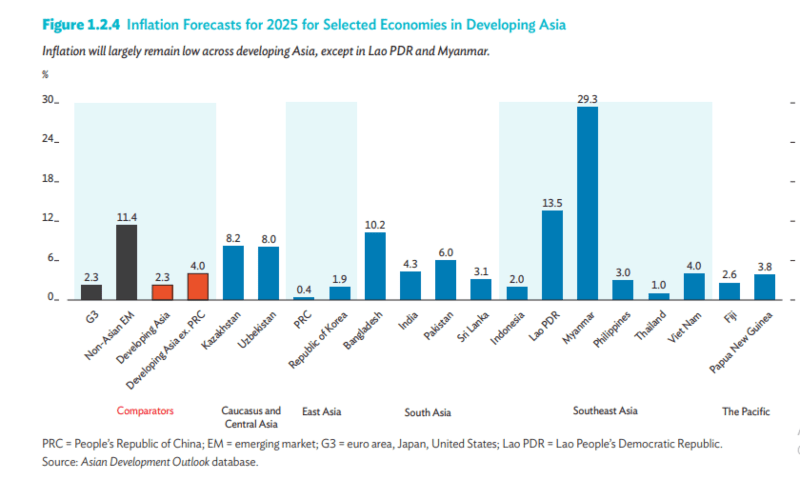As Pakistan navigates the complexities of its economic landscape, it becomes increasingly evident that thorough reforms are imperative for sustainable growth and stability. The nation has faced numerous challenges, including high inflation, a rising fiscal deficit, and inadequate foreign reserves, all of which have contributed to an increasingly precarious economic situation. Analysts argue that without significant changes in policy and governance, the country’s future remains uncertain. “Reform is not just an option; it is a necessity,” states Dr. Ayesha Khan, an economist specializing in South Asian economies.
The need for economic reform is multi-faceted and involves various sectors of the economy, including taxation, governance, and trade. Pakistan’s tax-to-GDP ratio is one of the lowest in the region, which limits the government’s ability to finance essential services and infrastructure. According to a report by the International Monetary Fund (IMF), increasing tax revenues could provide the necessary funding for development initiatives that would stimulate economic growth. “A fair and efficient tax system is essential for any country’s progress,” emphasizes Professor Ahmed Malik, a finance expert at a leading Pakistani university.
Moreover, governance issues have plagued Pakistan for decades. Corruption and inefficiency within government institutions hinder effective resource allocation and deter foreign investment. “Without transparency and accountability, investors will remain hesitant,” warns Dr. Saira Ali, a political analyst. Strengthening institutions through legal reforms and improved regulatory frameworks is crucial for fostering a business-friendly environment.
Trade policy also requires immediate attention. Pakistan’s economy heavily relies on textiles, yet it has struggled to diversify its exports. The government has been urged to invest in developing sectors like information technology and renewable energy to create a more balanced economic portfolio. Experts suggest that embracing globalization and forming strategic trade agreements could enhance Pakistan’s economic resilience.
However, the implementation of these reforms is fraught with challenges. Political instability, social unrest, and resistance to change can obstruct progress. “Reforms require political will and public support,” notes Dr. Farhan Qureshi, a political economist. For reforms to be successful, there must be a collective commitment from various stakeholders, including the government, private sector, and civil society.














